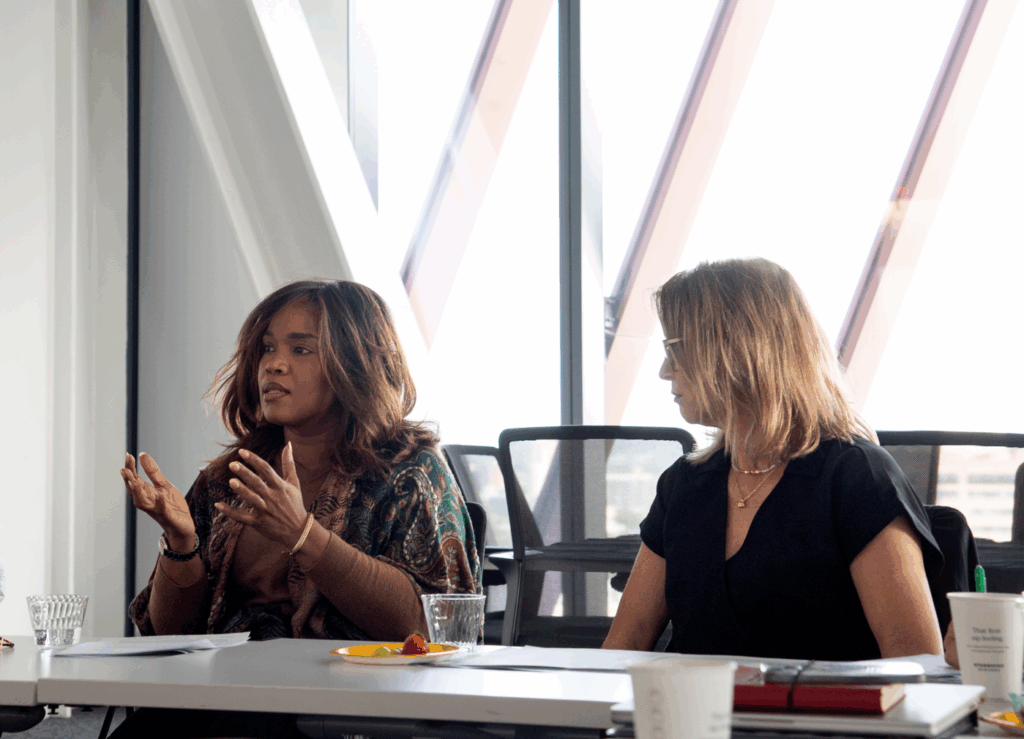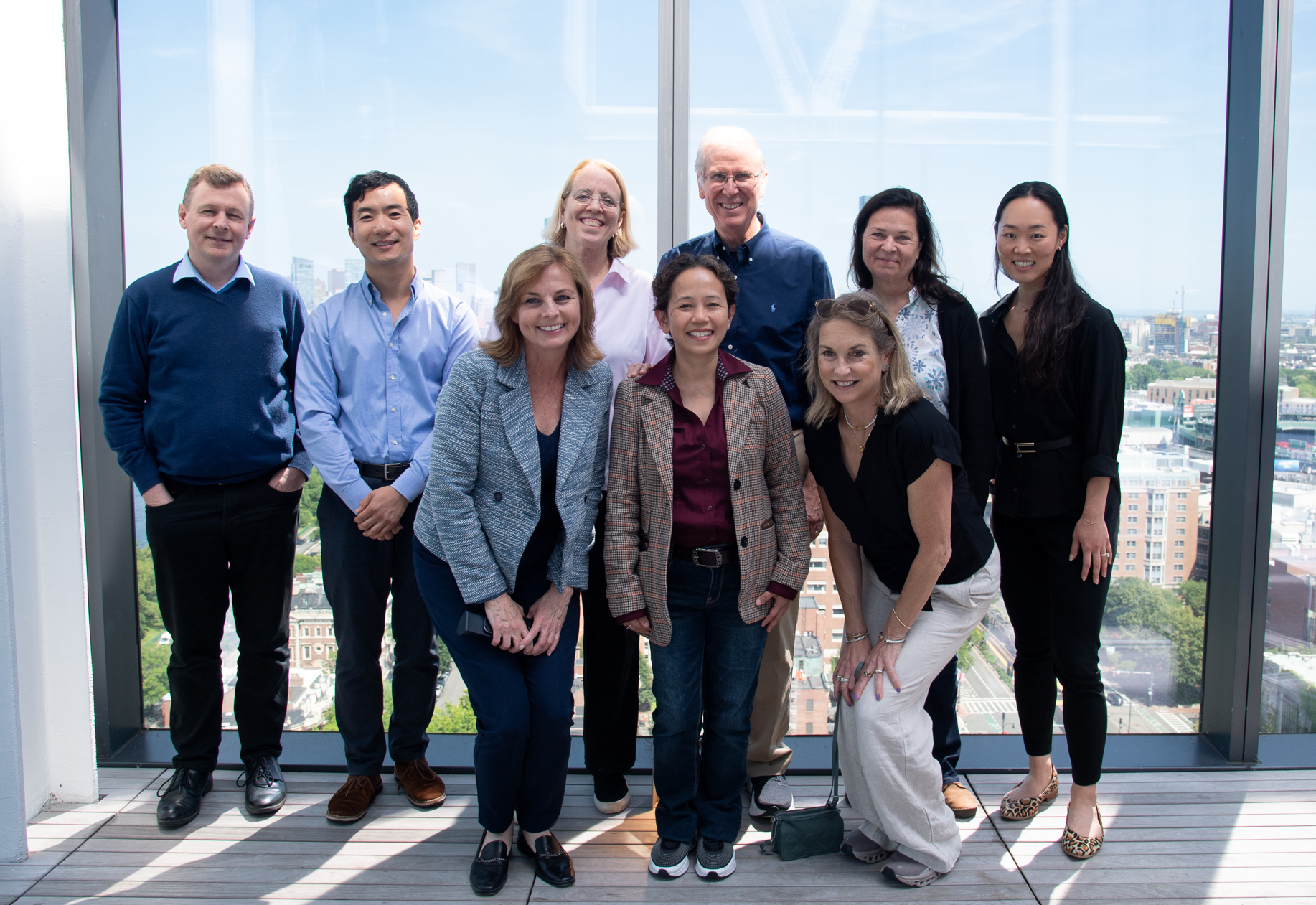Seeking Humanity’s North Star
Summer invites reflection. Whether it’s the slower pace or the vast starry skies, something about this season makes it easier to notice the larger patterns shaping our lives. On June 16th, Just Horizons embraced that spirit by hosting our first roundtable—a daylong collaboration where big thinkers came together to reflect.
We gathered 14 leaders from business, tech, philanthropy, and academia to explore a quiet but urgent question:
In an era of rapid change and deep division, can person-centered ethics guide humanity toward a more equitable, peaceful, and healthy world?
The setting was Boston University’s Center for Computing and Data Science—a space designed to bridge the future of technology with human flourishing. It was a fitting place to revisit an idea born at BU a century ago: Boston personalism. Personalism affirms the inherent dignity and worth of every person and thereby asserts that progress must be measured by the well-being of all. It’s the philosophy that drew Martin Luther King, Jr. to pursue his doctoral studies at BU.
Most of the roundtable participants were not previously familiar with the term “personalism”, yet everyone recognized its tenets immediately. A leading theologian commented, “I actually had never studied personalism directly, so what was really quite revealing to me was how much it had been part of my DNA without me knowing it.”
Could it be that humanity’s North Star has been hiding in plain sight?
A Different Kind of Conversation
At Just Horizons roundtables, we strip away the usual trappings. No podiums. No talking heads. No egomaniacs. Just a circle of thoughtful people from diverse fields sitting side by side, listening deeply to one another—and to their own inner wisdom.
The June roundtable went deep, fast. A business leader confessed that in her world, empathy is often viewed as weakness in a zero-sum game. An economist noted her discipline’s fixation on scarcity, which can obscure possibilities for shared prosperity. A philosopher/philanthropist asserted that cultivating compassion is not just morally good, it’s strategically effective. An ethicist warned that the language of “equal dignity” is on shaky ground in a culture rife with bias and inequity. And a social entrepreneur affirmed that personalism is necessary but insufficient without pluralism.

The challenges felt immense, both individual and systemic. Then a tech entrepreneur distilled it all into a single, piercing question:
“How do you get a system to love?”
She wasn’t talking about love as sentiment, but as principle: systems that default to trust, that uphold dignity, that are designed to nurture people. How do you code that? Build it into a corporate culture? Embed it in investment strategies?
From Feeling to Framework
That single question reframed the conversation. Love was no longer an abstract value but a design challenge.
We drew inspiration from real-world precedents: the African philosophy of Ubuntu—“I am because you are”—that fueled large-scale reconciliation efforts; the world’s blue zones, where intentional cultural choices create longer, healthier lives; and the legacies of Howard Thurman and Martin Luther King, Jr., who brought personalist principles to life on the world stage.
These examples reminded us that compassion doesn’t emerge by accident. It grows out of choices, structures, and commitments that make cooperation not just possible, but practical.
The Work Ahead
By the day’s end, no one pretended we had found a quick fix. The challenges are far too complex for that. But we did leave with a renewed sense of direction.

Building a more humane world isn’t about grand gestures. It’s about the steady, deliberate practice of recognizing every person’s worth—and weaving that recognition into the way we teach, lead, and design systems. It’s about championing understanding-based empathy: the discipline of seeing from another’s perspective, especially in moments of disagreement.
One participant later wrote: “I have learned much from your contemplative way of guiding the conversations. I’ve adopted the format in my own teaching.”
This is how change begins—not with a single breakthrough, but with thousands of small shifts in how we listen, how we lead, and how we build. And the work continues, guided by glimmers of light reflected in this inaugural Just Horizons roundtable experience.

